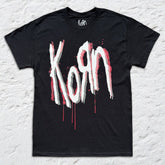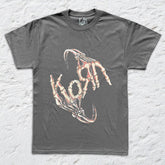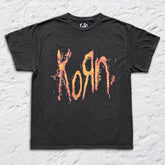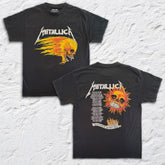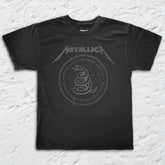JOHNNY CASH: 3 THINGS YOU MIGHT NOT KNOW ABOUT THE COUNTRY LEGEND
Johnny Cash is a country icon whose work needs no explanation. His legendary work continues to grow, with his name almost synonymous with country music. His hit songs and performances played a vital role in his everlasting popularity, but his way of life certainly contributed to his stardom. He was both a god-fearing man and a rebellious outlaw. He exercised the freedom of pursuing his mind while embracing traditions and his roots. Let’s have a peek at some things you might not know about the country legend. Here are 3 things you might not know about the country legend.

JOHNNY CASH WAS NOT HIS NAME BY BIRTH
Cash’s parents were very indecisive when it came to naming their fourth child. His mother’s maiden name was Rivers, and his father’s name was Ray. He used “J.R†to avoid conflict and held on to that name up until he graduated high school. It wasn’t until 1950 that Cash had to assign himself a name to join the Air Force. He settled on "J.R. Cash". Sam Phillips, the producer of his initial records, believed that Cash had made up his last name.
CASH WAS A NOVELIST
Johnny Cash was a writer, plain and simple. He wrote everything from sketches to poems and stories. His first piece was published in the military newspaper, titled “Hey Porterâ€. In 1986, he published a novel called “Man in Whiteâ€, a fictional account of 6 years of an apostle's life. The book was moderately successful and had positive reviews from religious periodicals. It was a source of pride for Cash and was considered to be one of his most proud achievements. Critics believe that Cash drew a parallel between himself and Paul, the protagonist in his book, as he saw himself as someone who was saved by religion after his relapse in the 60s.
HE DID NOT ALWAYS WEAR BLACK
Cash wrote a song titled “Man in Blackâ€, which seemed to explain the philosophy behind why he always wore black. However, the truth could not be far from that assumption. Cash did not always perform wearing black clothes, nor did he always wear black in his day-to-day life. During his early days of performing, he wore Black outfits on stage so that his backing musicians could have matching outfits with him, but there was no strict rule about it. After the popularity of the "Man in Black" image in the 70s, Cash began wearing black clothes consistently, having a prominent effect on generations of gothic and punk rock musicians.
